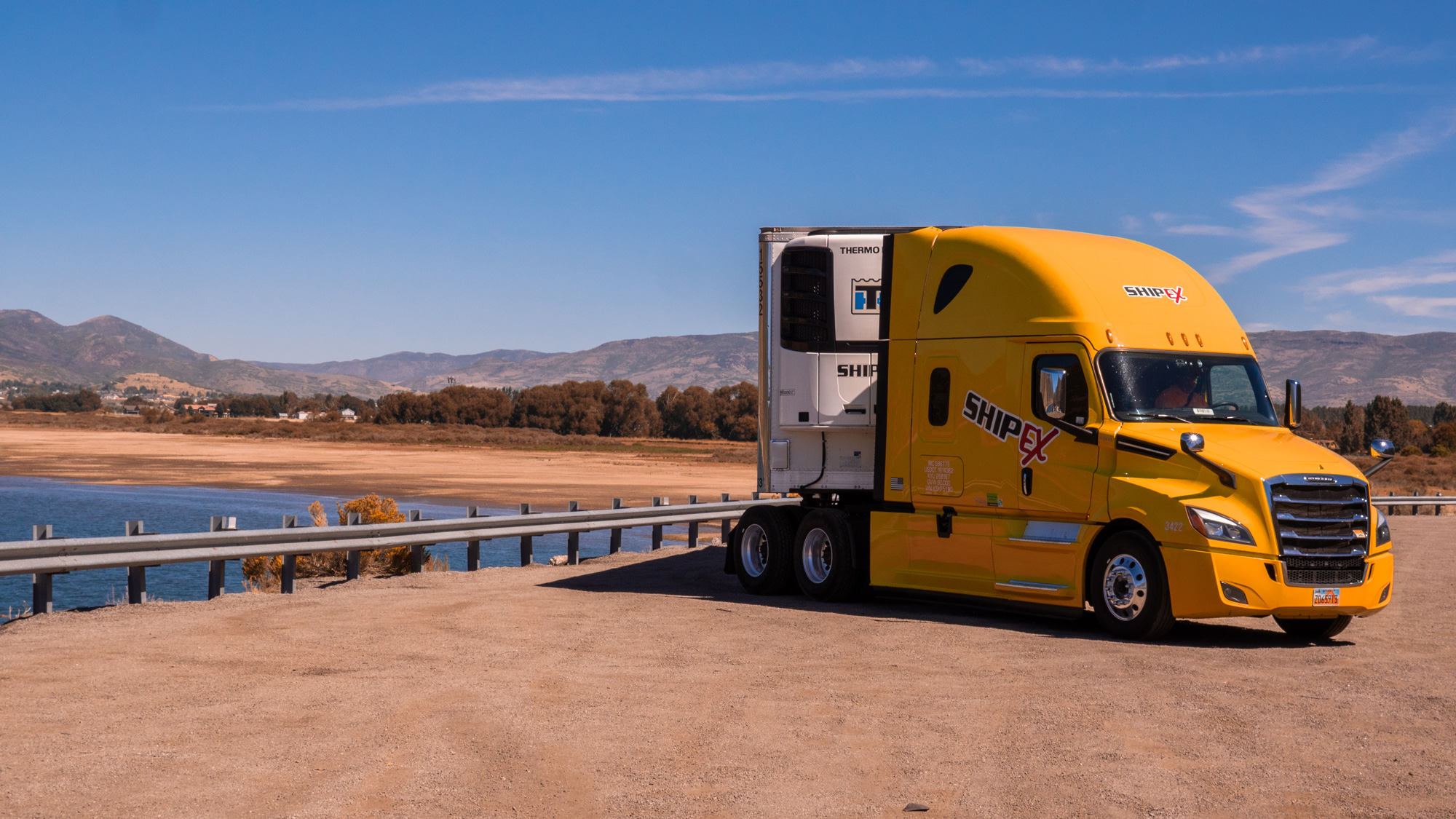Too often we hear, “I wish I would have known this before I became a driver.” Surprise obstacles are never pleasant, and we don’t wish that on anyone. So we sat down with some of our own drivers to find out what they wish they would have known before they started this career. As you can guess, the number one response was how hard it truly is to be away from home so often. The other responses were things that non-drivers never really think about when they begin this career. Our goal is to lay it all out so you can carefully consider everything before deciding if the payoff is worth it to you.
Local/Regional or OTR?
This first thing you’ll want to do is research the advantages and disadvantages of each type of trucking. Each position requires a lot of flexibility, diligence, and sacrifice and each has its own rewards. It is very important that you be honest with yourself and know exactly what it is that you want and what you can handle.
In general, driving locally or regionally means you will get to spend more time at home. The trips are much shorter, meaning less variables to consider when planning out your days and making it easier to meet your deadline. On the downside, you’ll make less money than the OTR drivers and you’ll be driving many of the same routes over and over again, making it very easy to get burnt out.
If you choose to do OTR driving, expect to live in your truck for the majority of the time. This option may be a better fit for someone who does not have a spouse or kids at home and is looking to travel the country while saving up money. Driving OTR is not for everyone. It takes mental fortitude and requires sacrifice, but the rewards can be bountiful if done right.
Quick tip from our drivers: Request your home time with buffer days, not just the exact dates you need. Always plan for the unexpected as it’s hard to get home on time.

Trip Planning – It’s More than You Think
Many beginners make the mistake of dividing their transit up evenly for each day they have until their delivery time. However, with weather, road conditions, traffic, mechanical issues, and other unexpected delays, this way of planning could turn disastrous. Experienced drivers recommend front loading your miles – driving the maximum amount during the first few days in order to make up for any lost time that may occur. This will take getting used to so don’t be afraid to learn by trial and error until you figure out what works best for you. It’s also wise to know where you will be stopping at least two days down the road.
Your health and safety are the main priority. This job requires a lot of concentration and stamina, which is not to be taken lightly. Music, podcasts, audiobooks, and a pet companion can help with the loneliness you may experience. Healthy food is hard to come by on the road, and if you do find any it’s usually expensive. Bring healthy snacks with you and plan your stops around nearby grocery stores. It’s also a good idea to have an exercise routine you can do during your breaks. Anything else you need to do to keep your mental and physical health in check should be planned ahead of time and taken seriously. Again, this job is not for everyone. If you choose this career path, you’re choosing a whole new lifestyle, not just a job.
Quick Tip from our drivers: Research company policies and benefits very thoroughly. Don’t be afraid to talk to experienced drivers to really hone in on a strategy that will be best for you.

Communication and Respect
Just like anything else, communication is key! There are a lot of moving parts that go into this business and the drivers often get overlooked. Communicate and build trust with your DMs, dispatchers, and brokers. If you are unable to meet your deadline or if you are uncomfortable driving in certain conditions, it’s very helpful to have a strong relationship with them so that a solution can be found.
You will feel disrespected – from customers, dispatchers, brokers, or other drivers, it is inevitable. Remember to keep a cool head, take notes on the situation, and report it. Let your DM take care of what they can and let go of the rest. Respect goes both ways, so if you’ve built trust and transparency with your company, they should show you the same. However, as with any industry, there will be times people will try to take advantage of you. Be cautious, build relationships, and do your research before making any decisions.
Quick Tip from our drivers: Over-communicate to protect yourself and don’t let the dispatchers push you to do something you are uncomfortable doing.
Final Thoughts
Hopefully this article has given you some things to think about. Driving is more than just staying between the lines and going the speed limit. The decision to join this industry is a big one, but one that can be very rewarding if it’s a good fit for you. Learn more about what sets ShipEX apart from other companies to see if it’s right for you! If this is something you decide you want to do, remember to keep an open mind. If there’s one thing that’s certain, it’s that every driver has had different experiences and there’s always something you can learn from them. Keeping a student mentality and learning from others is sure to set you up for success.When were ELD laws enacted?

